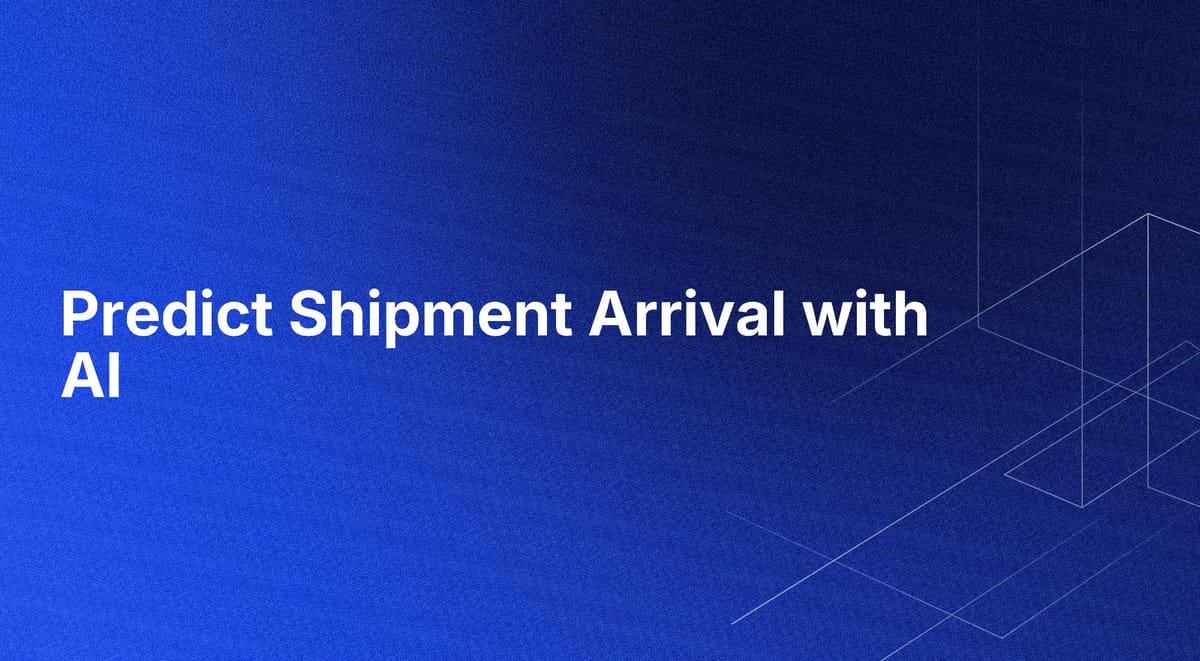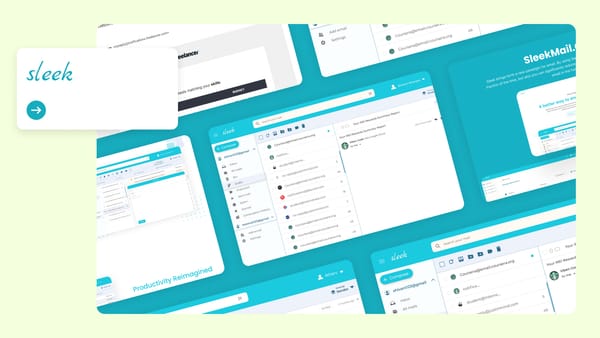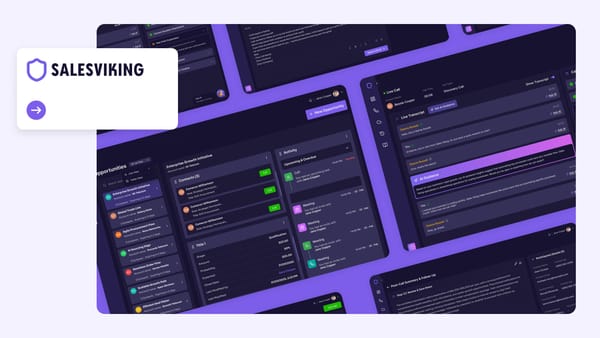Predict Shipment Arrival with AI

Ensuring Timely Deliveries through Predictive Analytics
Overview
The logistics and supply chain industry is the backbone of global commerce, ensuring that goods and products reach consumers from manufacturers and retailers efficiently. This industry has evolved remarkably with advancements in technology, making way for rapid delivery options like same-day and one-day shipping. However, maintaining the punctuality of deliveries remains a significant challenge due to multifaceted variables including weather, traffic, and port congestions that can disrupt schedules.
Problem Statement
With the emergence of high consumer expectations for rapid delivery, even minor delays can result in substantial dissatisfaction and potential losses for retailers and manufacturers. Existing logistics systems struggle to predict these delays due to the complex nature of supply chain variables. As a result, unavoidable delays impact not just customer satisfaction but also operational efficiency and financial performance.
Solution Overview
Generative AI offers a transformative solution for the logistics and supply chain sector by predicting shipment arrival times with a high degree of accuracy. Utilizing historical shipment data, along with real-time information on external factors such as weather conditions and port traffic, AI models learn patterns that distinguish between on-time and delayed deliveries. These models then forecast the likelihood of delays for future shipments, providing supply chain managers with actionable insights. Technically, the implementation involves feeding a machine learning model with a robust dataset encompassing various relevant features from historical shipments. Data sources can include past delivery records, climatic data, and even traffic reports near key logistics hubs. The AI system analyzes this data to detect patterns and correlations that humans might overlook, offering predictions and the top statistical reasons behind expected delays. From a business perspective, this predictive capability enables companies to take preemptive measures to mitigate potential disruptions. For instance, alternate plans can be established for shipments likely to be delayed, or resources can be reallocated to ensure priority deliveries are made on time. This proactive approach not only enhances operational efficiency but also significantly boosts customer satisfaction by reducing unexpected delays. Overall, AI-driven prediction systems empower logistics and supply chain managers to navigate complexities with greater precision and foresight.





